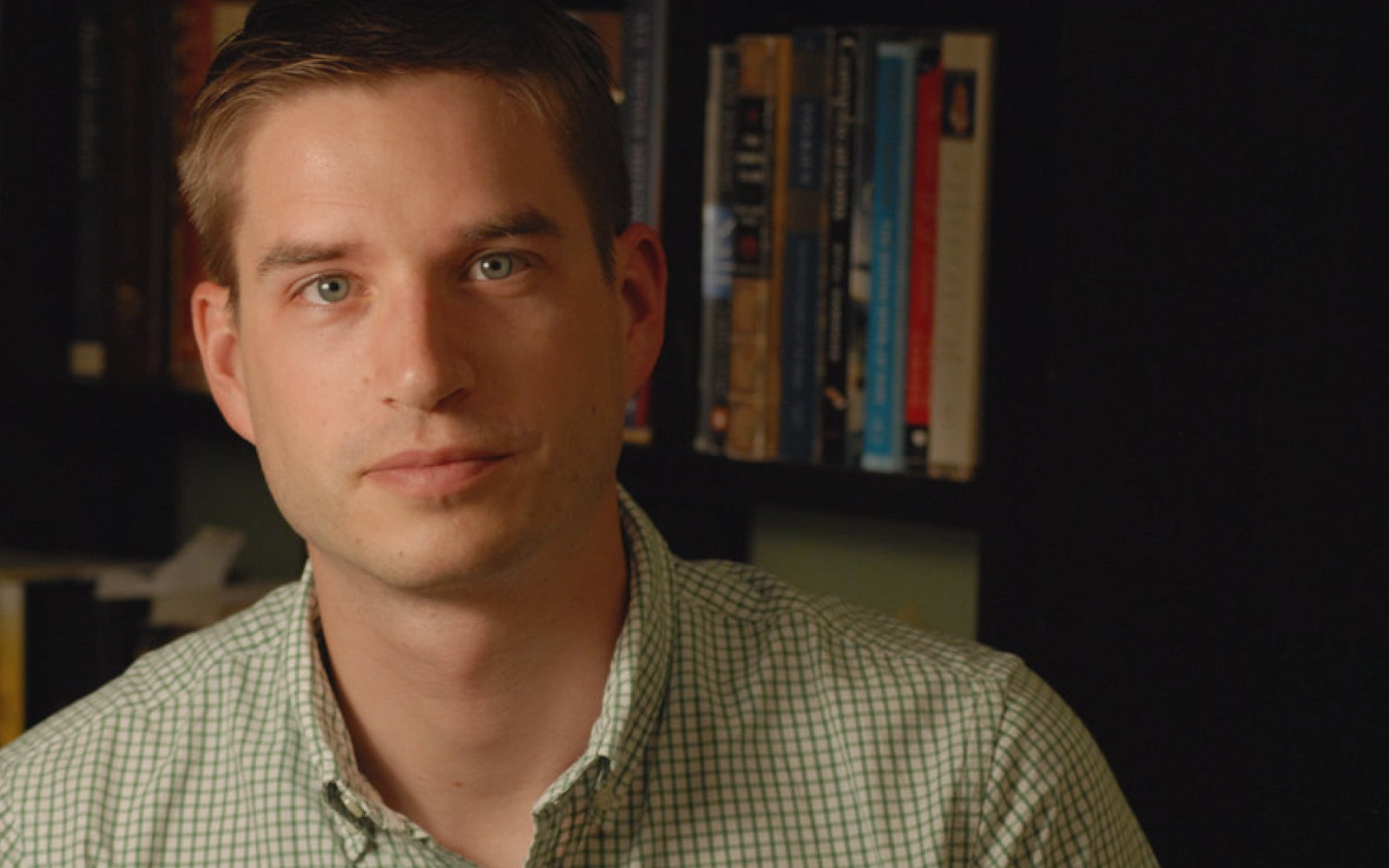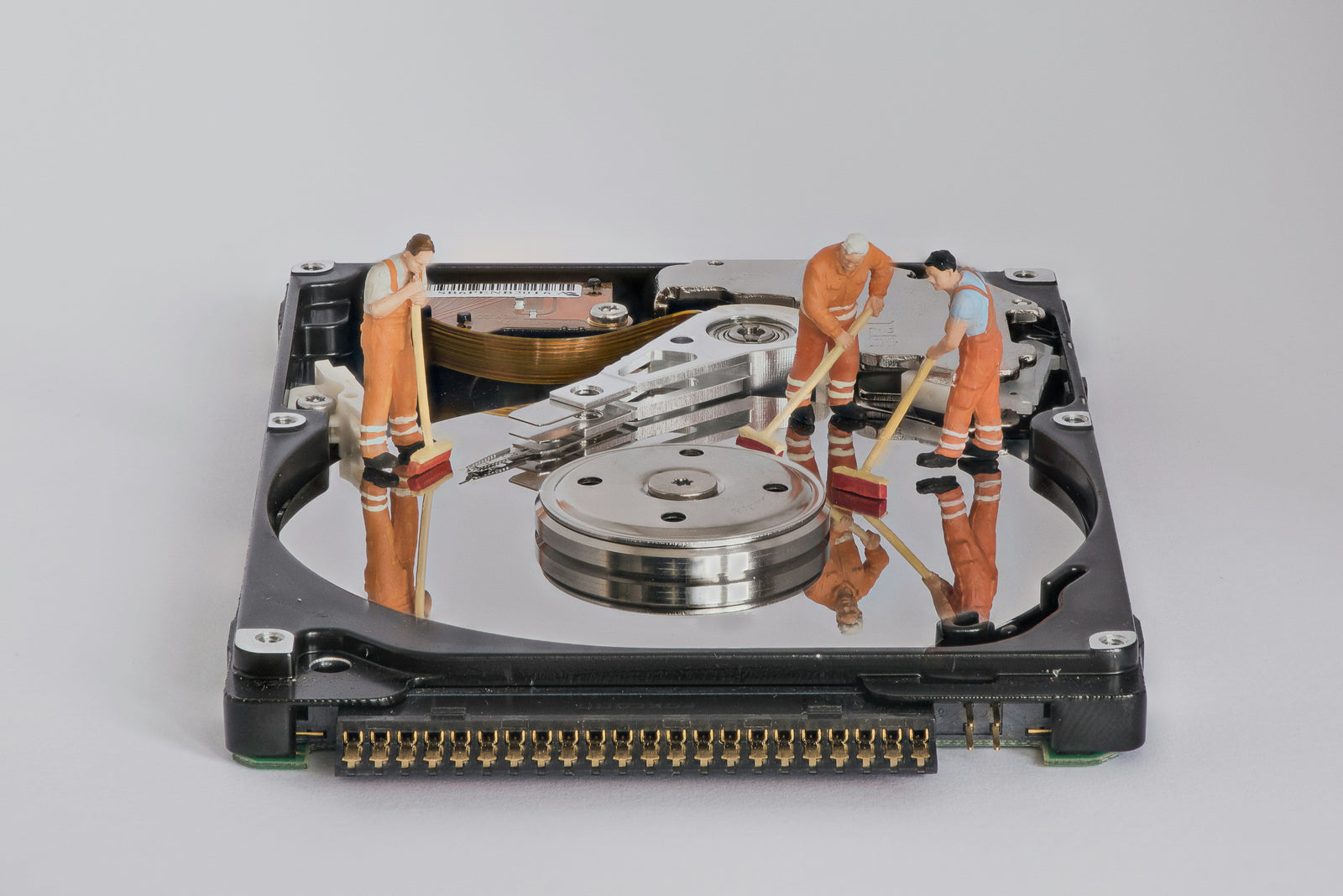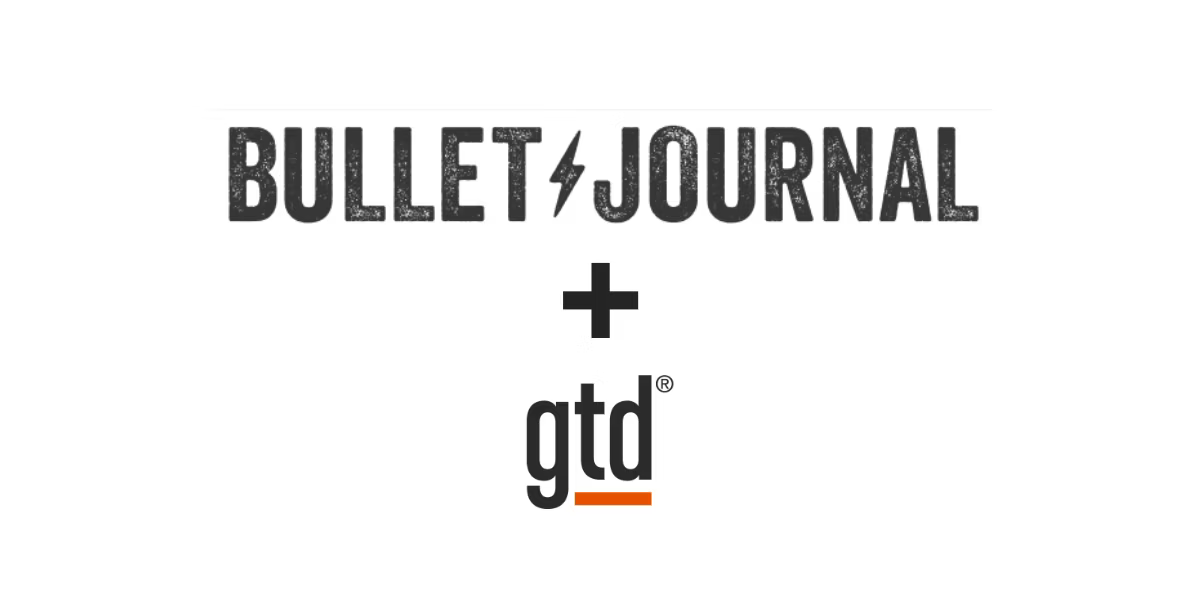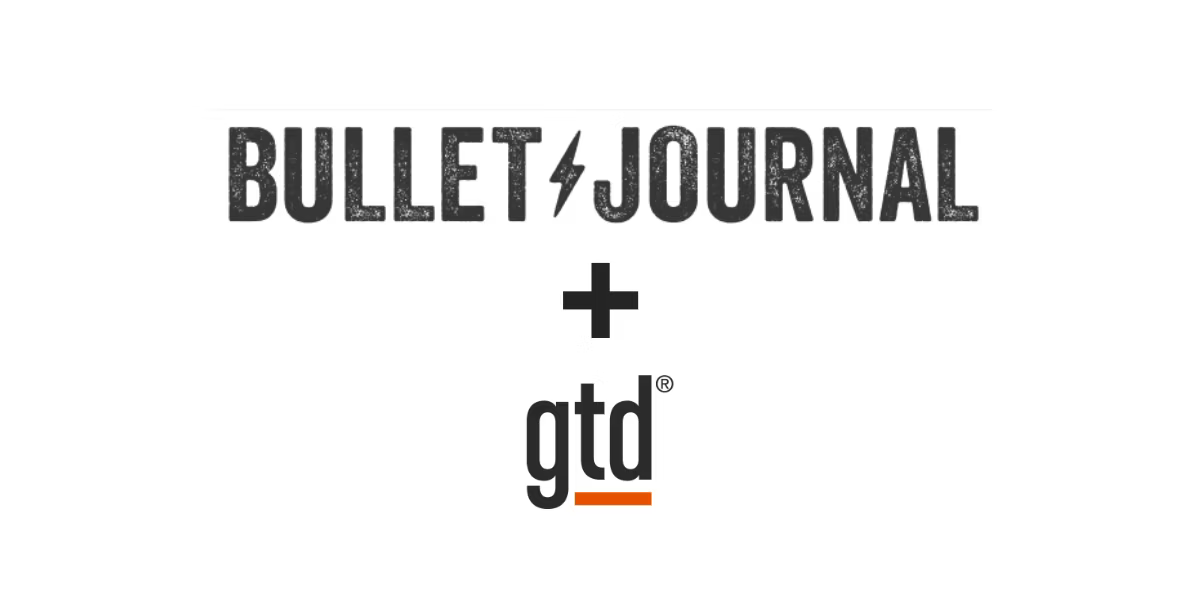For all his alleged faults, Steve Jobs didn’t lack vision. It was his ability to foresee what people didn’t even know they wanted, that turned Apple from a garage operation into one of the most successful companies of all time. That said, when he unveiled the iPhone, even he couldn’t see the future he was creating. The iPhone, and its app store, are arguably the most influential inventions in terms of sculpting our social landscape. It unshackled the internet from our desks, and put it in our pockets. It wasn’t the first, but it was the most elegant, the most “user friendly”. It made the experience of going online from anywhere, at anytime, seamless.
It’s said the we live in a time where we have unlimited access to information. Maybe it's the other way around: we live in a time where information has unlimited access to us. Our time and our energy however, are very limited, and we’re investing ever more online.
Technology isn't inherently good or bad, but our relationship with technology has become unsustainable. Barring any cataclysmic event, the blazing pace of technological advancement will continue. So what are we supposed to do? It seems the thing that we’re missing is a framework, a philosophy that allows us to leverage technology in the way that it was intended: to serve us. This is the topic of author - and computer science professor at Georgetown University - Cal Newport’s new book Digital Minimalism. I recently had the pleasure of interviewing Cal on his thoughts.
___
RC: You state that our brains are sophisticated social computers, central to our success as a species. How is technology messing with our neurological software?
CN: Humans are fundamentally social creatures. Because our ability to navigate social dynamics is key to our species's success, a non-trivial portion of our cognitive capacity is dedicated to this subtle task.
When you began messing with human sociality by introducing factors such as social media apps that deliver a constant stream of social approval indicators, or email inboxes full of messages waiting for replies, it presents this carefully calibrated brain software with artificial social situations it's not evolved to recognize, leading to all sorts of unexpected problems, from compulsive use to exaggerated social anxiety.
When you allow twenty-year-olds in a Silicon Valley incubator to begin messing around with something as fundamental as human sociality, we shouldn't be surprised when some negative consequences arise.
RC: Often people mistake traditional/analog Minimalism as a form of deprivation. They imagine spotless white rooms with a stick or two of furniture. What are the common misconceptions in regards to Digital Minimalism?
CN: Minimalism is a philosophy that has been around since antiquity. Its basic claim is the following: in many areas of life, focusing your energy on the things that bring you the most value will leave you better off than trying to spread your energy over everything that has some value to offer.
In the case of minimalism applied to your physical possessions, this sometimes gets wrapped up in the minimalism art movement, and you end up with rooms that look like sterile galleries -- but that's as much about style as it is a lifestyle philosophy. Marie Kondo is a purer expression of minimalism in that setting: she wants you to only keep around possession that you really love, but doesn't push people toward stark white rooms -- it's about joy, not deprivation.
Digital minimalism applies this same philosophy to your digital life: focus your time spent online on things that return huge value, and happily miss out on all the small little apps and services that offer you only minor conveniences or diversions. It's not about being a luddite, but instead getting much more out of your tech.
RC: You define Digital Minimalists as those who “view technologies as tools to be used to support things they deeply value - not as sources of value of themselves.” Can you elaborate on that?
CN: Part of the unease people increasingly feel toward their online lives comes from the reality that they're using these tools to escape from the hard but fulfilling work of cultivating a meaningful life. It's easier to scroll through Instagram than to call a friend or read a good book, but it's not necessarily better.
Digital minimalists flip this storyline. They figure out what they really value, then work backwards to identify online activities that can support these activities. They want their digital tools to give them more of what they really value, not an escape from it.
RC: In your book you mention a 30-day digital detox of sorts, where we dispense of all optional technology. You stress using that time to define activities that you enjoy offline. For many of us, especially those who grew up with the mobile internet, that may prove difficult. Where does one begin?
CN: The 30-day declutter is the key activity for switching toward digital minimalism. You walk away from all optional tools in your digital life, spend 30 days figuring out what you really care about, and then, when the declutter is over, only add back tools that strongly support these important things you identified.
As you noted, the key to succeeding with this declutter is figuring out what it is you actually want to do with your spare time (the reason I ask people put aside 30 days is that this can take a while).
My recommendation is to emphasize action and experimentation. Invite people to do things. Sign up. Go on outings. Dabble with new activities, from yoga, to reading, to making. Keep busy, and reflect on what seems to resonate.
The people who succeed with the transformation to digital minimalism tends to be those who get serious about this exploration step. Those who instead treat the 30 days as only a detox, tend to just revert to their prior behavior with little improvement to show for it.
RC: Going back to the concept of “optional technologies.” With the rise of jobs, relationships, and communication dependent on social media, defining what is optional is becoming less clear. What tips can you provide to help us figure that out?
CN: For the purposes of the 30-day declutter, my standard for "optional" is that nothing really bad would happen if you stepped away from it for a month. It might be the case, for example, that you keep up with certain friends on social media, but nothing terrible would happen if you were out of the loop with them for only a month. On the other hand, if you use text messaging to figure out when to pick up your daughter from school after sports practice, you probably need to keep using that particular tool.
For tools that are not optional, my recommendation is to place some rules about when and how you use them during the declutter, so that you still get some relief from unconstrained usage.
RC: You mention the importance of solitude. Can you tell us a little more about your definition of solitude and why it’s important?
CN: The definition of solitude I use actually comes from another book called Lead Yourself First, and it defines solitude as time spent free from inputs from other minds. If you're reading something or listening to something you're not in a state of solitude, as your mind is reacting to another mind. On the other hand, if you're just alone with your own thoughts, you are in a state of solitude, regardless of whether or not you are around other people at the moment.
We have a lot of evidence to suggest that we need solitude on a regular basis. It's the foundation for growth and insight, and it also provides maintenance time for our brain.
It's not healthy to remove all solitude from your life by glancing at your phone at every possible moment of boredom -- it leads to anxiety and can impede your development.
RC: How does one balance the importance of human connection, with having time by oneself to think?
CN: As Ben Franklin noted in his journal during his first crossing of the Atlantic, solitude is important, but too much solitude makes one miserable. My best advice is to try to get some solitude on a regular basis, which I define to mean, most days spend at least some time without your phone. It can be as easy as leaving your phone in the car at the store, of not taking it with you on the morning dog walk.
RC: Barring some catastrophic event, technology will continue to advance. On the one hand we’re seeing the detrimental effects that modern technology is having on our humanity. On the other hand, it could be argued that technology has played a massive role all along in shaping our humanity. Our ancestors would struggle to comprehend modern life. Chances are, they would find it terrifying. Do you think what we’re seeing now is simply an uncomfortable - yet unavoidable - glimpse into the next stage in human evolution?
CN: Technology has been a crucial factor in our species's success. But we've also learned that technology can have massive impacts, many of which unexpected, so it's important that we keep critically engaging new innovations to figure out how best to use them, what to embrace, what to avoid.
To decide, for example, that certain social media platforms cause more harm than good, is not so much a repudiation of technology as a carefully engagement with it.
RC: Last but not least, what role do paper notebooks play in your life?
CN: I use a spiral-bound black n'red notebook for my daily plan and task capture. I've been using moleskine's for close to 15 years now for capturing big thoughts. And I use old fashioned marbled-cover composition notebooks for working on my theoretical computer science proofs on the go.
As for pens, I'm a long time fan of the uniball micro ultra-fine 0.5mm roller points.
RC: If people would like to learn more about Digital Minimalism and your work, where can they go?
CN: I've never had a social media account, but I have been blogging at calnewport.com for over a decade -- that's probably the best place to learn more about me and my crazy ideas!






Leave a comment (all fields required)